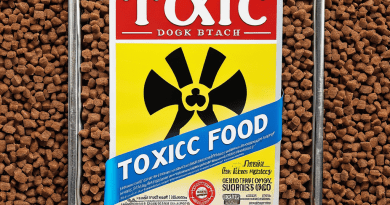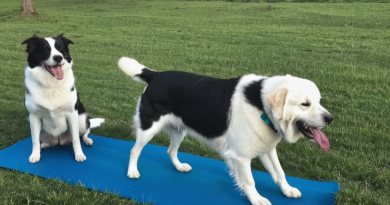Understanding Vaccine Reactions in French Bulldogs
Welcome to another insightful post from us at Petsfi, where our team ensures that your beloved pets receive the best care and attention they deserve. Today we’re touching on a topic that many pet owners often wonder about – vaccine reactions in puppies, with a special focus on French Bulldogs.
As pet owners, it’s essential to understand that vaccines play a crucial role in maintaining the health of our furry companions. They work by stimulating the immune system to protect against potential diseases. However, this activation can sometimes cause reactions, which are important to monitor.
One recommendation from our team, which includes both veteran pet lovers like Matt and those with professional backgrounds like Harry, a veterinary student, is to consider administering one vaccine at a time. By taking this approach, it's easier to pinpoint if and how your pet reacts to a specific vaccine, as opposed to administering multiple vaccines simultaneously. Although multiple vaccines won't 'kill' your pet, they could complicate the identification process of an allergic reaction if one arises.
So, what kind of reactions should you look out for after your pet receives a vaccine? The common signs include:
- Vomiting: An isolated incident can be normal, but repeated vomiting might indicate an allergic reaction.
- Diarrhea: From soft stool resembling soft-serve yogurt to pure liquid, if it persists, it’s essential to inform your veterinarian.
- Soreness or a Knot at Injection Site: Vaccines are usually administered at different sites so reactions can be tracked. Noticeable soreness or a localized lump can persist for weeks or even months, but it typically isn't a cause for great concern.
- Lethargy: Feeling sleepy post-vaccination is common for pets, and this can last anywhere from 24 to 48 hours, and rarely up to 72 hours.
An uncommon but serious reaction is anaphylaxis. Symptoms such as the swelling of the mouth or difficulty breathing can occur, which is why a professional setting for vaccinations is crucial. In our practice, if we have day boarders, we administer vaccines early so we can monitor them throughout the day. That way, we're prepared to act promptly if an anaphylactic reaction occurs.
If you are concerned about your pet having an allergic reaction, you can prepare by pre-medicating them with Benadryl. The recommended dose is one milligram per pound of your pet's weight, and it's ideal to administer it about 45 minutes before the veterinary visit. However, giving Benadryl after the vaccine is also acceptable and shouldn’t diminish its efficacy.
We’re always eager to ensure your pets stay safe and healthy. If you have questions about your furry friend’s health or how to handle vaccination reactions, please don't hesitate to reach out. We hope this information has been helpful to you, and we invite you to follow our Petsfi blog for more interesting and informative posts like this one.
Remember, when it comes to the well-being of your pets, always consult with a veterinarian to make the most informed decisions. Stay tuned, and take care of your beloved pets!




